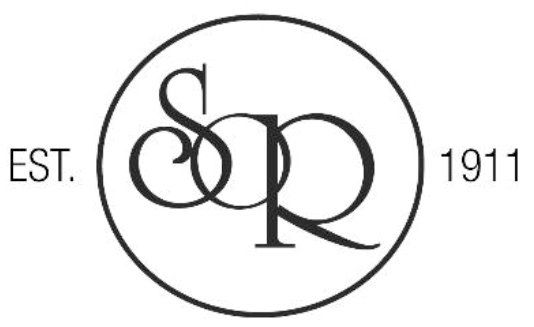A newspaper that incorrectly published the name of the respondent in the ‘tax defaulters list’ appealed the decision of the High Court awarding the respondent damages. The respondent had no connection with the companies named and had been identified in the article by mistake. The respondent sued for defamation. The appellant, in its defence, relied on section 18 of the Defamation Act 2009, claiming qualified privilege, in which it was acting in good faith by publishing the article as part of its duty to report on matters of public interest.
The High Court found no basis for the defence of qualified privilege in circumstances where the communication of inaccurate information was outside its scope, as the publisher had no duty or interest in communicating and the public had no interest in receiving inaccurate information.
The jury awarded the respondent €75,000 in damages, leading the High Court to award Circuit Court costs only to the respondent. The appellant appealed to the Court of Appeal on the findings made in respect of qualified privilege, with the respondent cross-appealing the award of costs.
On appeal, the Court of Appeal dismissed the appellant’s appeal and allowed the respondent’s cross-appeal, finding inter alia that the defence of qualified privilege required a mutuality of duty or interest which, in practice, confined the defence to situations involving individuals (or groups of individuals) rather than to the public at large and that it would be extraordinary to allow the appellant to rely upon the defence where its article was not fair and accurate. Following this the appellant was granted leave to appeal to the Supreme Court on the issues of the nature and scope of qualified privilege and its relationship with section 18(3) and the defence of public interest reporting under section 26 of the 2009 Act. Leave to appeal was also granted in respect of the costs issue.
The Supreme Court observed that the defence of qualified privilege did not generally apply to publication to the world at large because of the absence of the necessary reciprocity, the judge further considered that if the only safeguard for a defamed claimant is to discharge the “heavy onus” of establishing malice, and if a finding of malice is excluded by an honest belief in the truth of the defamatory statement, however unreasonable that belief may be and regardless of whether the belief was the product of the publisher’s own carelessness, “then in the context of media publication, malice is an illusory and inadequate ‘safety switch’”.
The court also reasoned that privilege is intended to foster free communication in defined circumstances and/or for defined purposes by protecting the publisher from potential liability with the provision of a defence that does not require the publisher to take on the burden of establishing the truth of what has been said, but that the protection of false speech is “an incidental effect of that protection, not its principal objective or primary rationale”.
Noting that the principal exception to the general rule that qualified privilege does not apply to publication to the world at large, being the fair and accurate reporting of certain proceedings and reports, has now been largely subsumed into s.18(3) of the 2009 Act, Mr Justice Collins opined: “None of these specific and relatively small-bore exceptions are capable of being stretched to accommodate a generally applicable media privilege.”
The court disagreed with the proposition that the defence of qualified privilege at common law could extend to media publication/publication to the world at large on the basis of a recognition of a duty to publish public interest material in the interests of the public as a whole, and that the jurisprudence provided no support for that suggestion save as regards the fair and accurate reporting of particular proceedings and reports.
Accordingly, the court found that no common law defence of qualified privilege was available to the appellant and moved to consider whether the appellant had a defence under section 18(2).
The court considered the appellant’s argument that section 18(2) radically altered the law of qualified privilege by extending its protection to a broad category of media and non-media publication subject only to the absence of malice. The court considered that this would provide a defence for inaccurate reporting in circumstances where the Oireachtas has, in section 18(3), legislated to provide a defence strictly conditioned upon the fairness and accuracy of the reporting and requiring consideration of the public interest and benefit.
The court found that such an interpretation of section 18(2) would “effectively swallow up section 26 entirely”, it would also “negate the judgment made by the Oireachtas in deciding on the parameters of the section 26 defence and frustrate its purpose in enacting that defence”.
The Supreme Court found that the jury was entitled to take the view that the respondent had been defamed.
The court dismissed the appeal of the newspaper appellant and the respondent’s appeal on costs.
William Bird (respondent) v Iconic Newspapers Limited (appellant) [2025] IESC 30.

